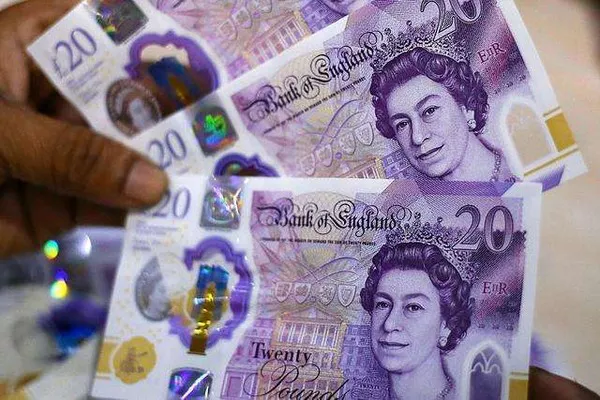Investing in a market where the local currency is experiencing a decline, such as the British pound, requires a thoughtful and strategic approach. The pound’s weakness can be influenced by various economic factors, including geopolitical events, inflation, and economic performance. In this article, we will explore how investors can navigate when the pound is weak and capitalize on opportunities amid a weakened pound, ensuring a resilient investment portfolio.
Understanding the Factors Influencing Pound Weakness:
Before delving into investment strategies, it’s crucial to understand the underlying factors contributing to the pound’s weakness. Economic indicators such as trade balances, interest rates, and political stability play pivotal roles in shaping currency values. Additionally, global events, such as Brexit, can significantly impact the pound’s strength. A comprehensive analysis of these factors is essential for making informed investment decisions.
Diversification as a Risk Mitigation Strategy:
One of the key principles in investing during a currency downturn is diversification. Diversifying your investment portfolio across different asset classes and geographic regions can help mitigate risks associated with a weakened pound. Consider allocating investments to assets denominated in other strong currencies, such as the US dollar or the Euro. This way, your portfolio becomes less vulnerable to the fluctuations of a single currency.
Foreign Exchange (Forex) Trading:
Engaging in forex trading can be a direct way to capitalize on currency movements. Forex markets provide opportunities to trade currency pairs, including the GBP/USD or GBP/EUR. Traders can take advantage of both rising and falling markets by going long or short on a particular currency. However, it’s important to note that forex trading carries inherent risks and requires a deep understanding of market dynamics. Novice investors should approach forex with caution and consider seeking advice from financial experts.
Investing in Multinational Companies:
Investing in multinational companies can be a strategic move to navigate a weakened pound. These companies often have operations and revenues diversified across various countries, making them less susceptible to the economic conditions of a single market. Selecting multinational companies with a strong track record of weathering currency fluctuations can provide stability and potential returns even in the face of a declining pound.
Commodities and Precious Metals:
Investing in commodities and precious metals is another avenue to explore during periods of currency weakness. These assets, such as gold and silver, are known for their intrinsic value and can act as a hedge against currency depreciation. Investors may consider allocating a portion of their portfolio to commodities to offset potential losses resulting from a weakened pound.
Real Estate Investments:
Real estate investments can offer a tangible and potentially stable asset during times of currency decline. While the property market is influenced by various factors, including interest rates and economic conditions, real estate often retains value over the long term. Investors may explore opportunities in both domestic and international real estate markets to diversify their portfolios and safeguard against currency risk.
See Also What Does A British Pound Look Like
Government Bonds and Fixed-Income Securities:
Government bonds denominated in stable currencies can be a safe haven for investors seeking steady returns amid a weakened pound. While interest rates play a crucial role in bond performance, bonds issued by economically robust countries can provide a reliable income stream. Fixed-income securities, such as corporate bonds, may also be considered for their potential to generate consistent returns.
Stay Informed and Adaptive:
In a dynamic financial landscape, staying informed is paramount. Regularly monitor economic indicators, geopolitical developments, and market trends to adapt your investment strategy accordingly. Keep abreast of central bank policies, as changes in interest rates can have a significant impact on currency values. Being proactive and adaptable in your approach will position you to make informed decisions based on the evolving economic landscape.
Conclusion:
Investing during a period of pound weakness requires a strategic and diversified approach. By understanding the factors influencing currency values and adopting a well-rounded investment strategy, investors can navigate the challenges and potentially capitalize on opportunities. Whether through diversification, forex trading, investments in multinational companies, commodities, real estate, or fixed-income securities, a thoughtful approach is crucial for building a resilient portfolio in the face of currency fluctuations. As with any investment strategy, it’s advisable to seek advice from financial professionals to tailor your approach to your specific financial goals and risk tolerance.


